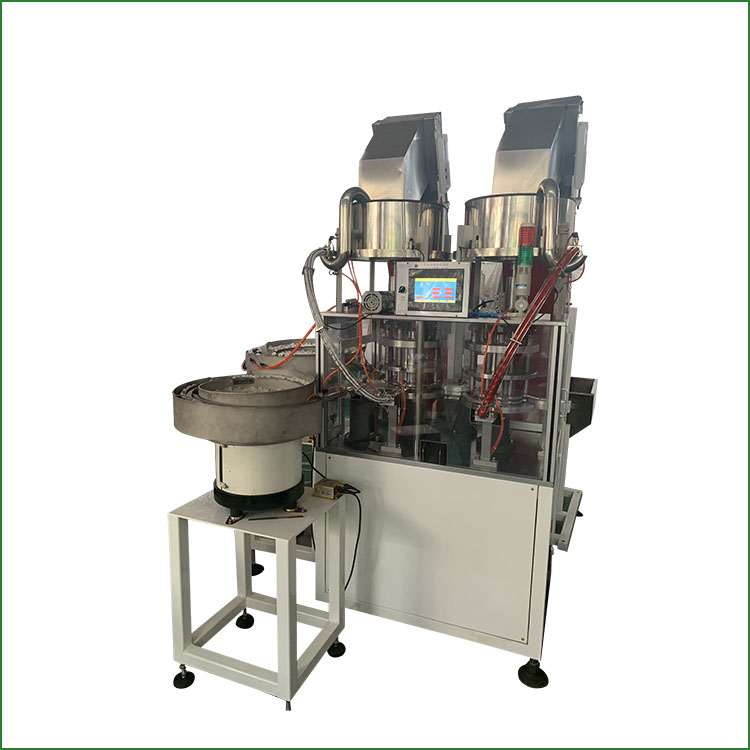Aspects of Full Automatic Plastic Cap Machine
2023-12-15
A full-automatic plastic cap machine involves several key aspects to ensure efficient and reliable operation. Here are some essential aspects to consider:
1. Injection Molding Unit:
- The injection molding unit is responsible for melting and injecting molten plastic into molds to form the plastic caps. It includes a hopper for raw material, a heating system to melt the plastic, and an injection system for precise molding.
2. Mold Design and Tooling:
- The design of molds is crucial for shaping the plastic caps accurately. Full-automatic machines require high-quality molds that are durable, precise, and capable of withstanding the stresses of continuous production.
3. Automation System:
- The automation system includes a control unit, sensors, and actuators that manage and monitor the entire production process. It controls the injection molding, cooling, ejection, and any other relevant operations.
4. Robotic Handling Systems:
- Robotic systems may be integrated to handle tasks such as part removal, quality inspection, and stacking of finished plastic caps. These systems contribute to increased efficiency and reduced labor requirements.
5. Material Handling System:
- An efficient material handling system ensures a smooth flow of raw materials to the machine and the removal of finished products. This includes conveyors, loaders, and other equipment for transporting materials within the production line.
6. Cooling System:
- After injection, the plastic caps need to be cooled and solidified before ejection. The cooling system typically involves water or air cooling to achieve the desired properties in the finished product.
7. Ejection System:
- The ejection system removes the molded plastic caps from the mold after they have cooled and solidified. This process needs to be precise to avoid damage to the caps and molds.
8. Quality Control Systems:
- Incorporating sensors, cameras, and inspection systems is crucial for ensuring the quality of the plastic caps. Automated quality control processes can identify defects and reject substandard products.
9. Human-Machine Interface (HMI):
- An intuitive and user-friendly HMI allows operators to monitor and control the machine easily. It provides real-time data, alerts, and controls for adjusting parameters as needed.
10. Maintenance Systems:
- Regular maintenance is essential for the proper functioning of the machine. Automated systems may include predictive maintenance features that monitor the condition of components and alert maintenance personnel when servicing is required.
11. Energy Efficiency:
- Modern full-automatic machines are designed with energy-efficient features to reduce operational costs and minimize environmental impact. This includes energy-saving components, optimized processes, and efficient heating and cooling systems.
12. Data Collection and Analysis:
- Full-automatic machines often incorporate data collection and analysis capabilities. This data can be used for performance monitoring, identifying patterns, and making informed decisions to optimize the production process.
13. Safety Features:
- Safety is paramount in manufacturing environments. Full-automatic machines should have safety features such as emergency stops, interlocks, and guards to protect operators and prevent accidents.
14. Customization and Flexibility:
- Some full-automatic machines offer the ability to produce a variety of cap designs with quick changeovers. This flexibility is important for manufacturers dealing with diverse product requirements.
Considering these aspects when selecting, installing, and operating a full-automatic plastic cap machine is crucial for achieving efficient and high-quality production. Regular training for operators and maintenance personnel is also essential to ensure proper utilization and care of the equipment.



